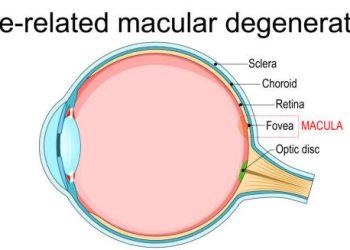Treatment of Crohn’s Disease
Treatment of Crohn’s disease aims to reduce inflammation, relieve symptoms, and maintain long-term remission. As Crohn’s disease is a chronic condition with no cure, the focus is on managing flare-ups, preventing complications, and improving quality of life. Treatment is often personalised and may involve medication, lifestyle changes, and, in some cases, surgery.
Medications
Aminosalicylates (5-ASAs): Used in mild cases to reduce inflammation, though less commonly than in ulcerative colitis
Corticosteroids (e.g. prednisolone): Effective for short-term flare-ups but not suitable for long-term use due to side effects
Immunomodulators (e.g. azathioprine, methotrexate): Help suppress immune response and maintain remission
Biologic therapies: Target specific parts of the immune system; includes:
Anti-TNF agents (e.g. infliximab, adalimumab)
Anti-integrin drugs (e.g. vedolizumab)
IL-12/23 inhibitors (e.g. ustekinumab)
Antibiotics: Occasionally used to treat infections or abscesses in the bowel
Lifestyle and Dietary Adjustments
Low-fibre diet during flare-ups to reduce bowel irritation
Nutritional support, including supplements for iron, B12, and calcium
Stress management through exercise, mindfulness, or counselling
Smoking cessation, which is critical for symptom control and relapse prevention
Surgical Treatment | Diagnosis of Crohn’s Disease
Up to 70% of people with Crohn’s disease eventually require surgery to:
Remove damaged bowel segments
Treat complications like strictures, fistulas, or abscesses
Create a stoma in severe cases (temporary or permanent)
Surgery is not curative, as the disease can return elsewhere in the digestive tract. However, it often significantly improves symptoms and quality of life.
Monitoring and Long-Term Care
Regular follow-ups to monitor inflammation
Colonoscopies every 1–3 years to screen for colorectal cancer in long-standing disease
Blood tests to monitor medication side effects and nutritional status
In conclusion, treatment of Crohn’s disease combines medication, lifestyle change, and sometimes surgery to control inflammation and maintain remission. Early and consistent management leads to better outcomes and fewer complications.
[Next: Complications and Recovery from Crohn’s Disease →]


